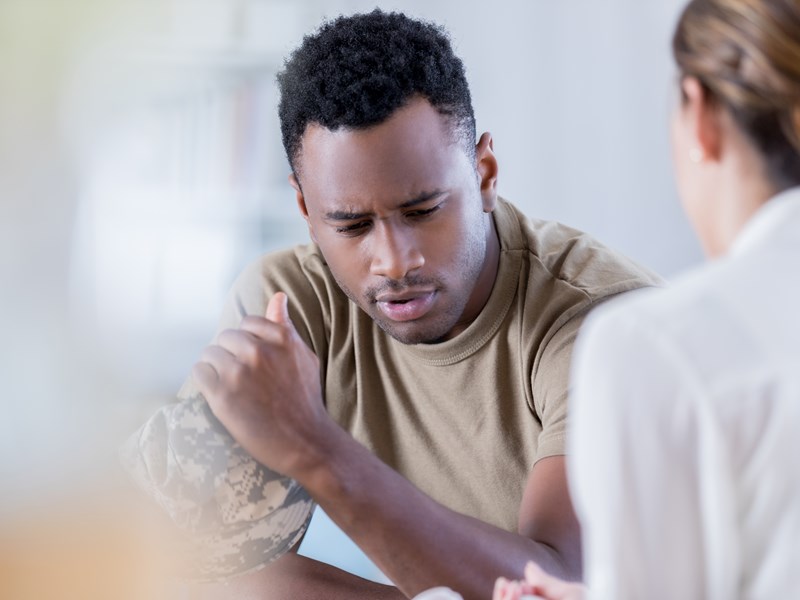Advocates for Basic Legal Equality, Inc. (ABLE) is a non-profit regional law firm that provides high quality legal assistance in civil matters to help eligible low-income individuals and groups in western Ohio achieve self reliance, and equal justice and economic opportunity.
New Mental Health Collaborative Project Provides Resources and Education to Providers

The service and resource needs of mental health consumers are comprehensive and varied. A veteran living with Post Traumatic Stress Disorder may require assistance finding and paying for therapy. A formerly incarcerated person might feel anxious attempting to seek stable employment. An unhoused person could be dealing with the stress factors associated with inadequate food and clothing. A new collaborative program between Advocates for Basic Legal Equality, Inc. (ABLE), and the Mental Health & Recovery Services Board of Lucas County (MHRSB), with grant funding through the Ohio Department of Mental Health and Addiction Services, aims to address the multi-faceted needs of people living with mental health issues in northwest Ohio.
Launched in March of this year, the Multi-System Adult Care Coordination Project aims to strengthen collaboration among community partners who assist people living with mental health conditions. Participating partners work across a spectrum of holistic sectors, including medical needs, housing issues, employment assistance, financial services, and more to fully assess an individual’s specific circumstances. The project connects with organizations involved in criminal justice, veteran matters, homelessness issues, disability rights, and others.
In addition to the partnership between ABLE and MHRSB of Lucas County, the project actively supports direct relationships and educational opportunities with local mental health-focused agencies, such as Harbor, Leading Families Home, the Lucas County Guardianship Services Board, Lucas County Job and Family Services, ProMedica, NAMI, the Thomas M. Wernert Center, and Unison Health. A monthly lunch and learn series, scheduled virtually for mental health organizations, encourages our partners to share information about the services they provide, new programs that have been implemented, and other useful resources that can be utilized by individuals referred into the Multi-System Adult Care Coordination Project.
“When you collaborate with people and groups outside of your own organization, it increases efficiency and creativity,” says Sherhonda Arnott, a Care Coordinator for the project. “It’s all about networking with others who are working toward shared goals, not duplicating efforts, but supporting one another for the best possible outcomes for applicants and consumers with mental health needs.”
Applicants seeking mental health assistance through the program must meet certain criteria, including at least two psychiatric hospital stays, identifiable mental health needs in multiple areas of their lives, and financial need. A referral through a mental health professional is preferred, and self-referrals are also taken into consideration. Those in need of legal advice may be referred to the Legal Aid Line. A referral does not guarantee an applicant’s eligibility to participate in the program.
The Multi-System Adult Care Coordination Project is still in its early stages and will continue to develop with more educational and outreach opportunities. If you or your organization would like to get involved, or there is an opportunity with your group to present mental health outreach information, please email sarnott@ablelaw.org.
